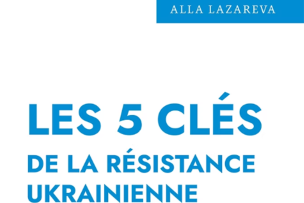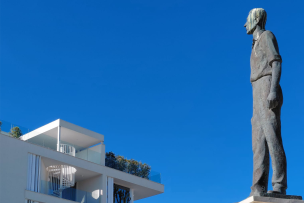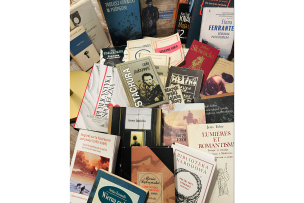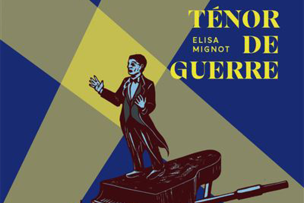Presentation of work on the Baltic area
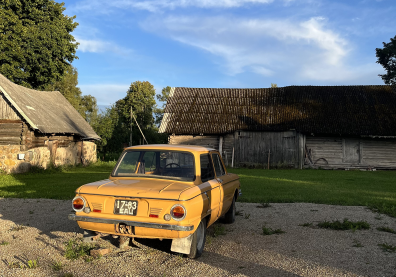
Argument of the study day
This study day aims to present the work of young and established researchers working on the societies, regions or countries bordering the Baltic Sea. It is a forum for debate and exchange between researchers in history, political science, literature and linguistics, specializing in this region.
The day is open to other interested people to come and listen to the presentations.
Baltic Spaces seminar
The "Baltic Spaces" seminar is a multidisciplinary seminar (geography, history, political science, literature...) open to all students, researchers and people interested in the transformations of the Baltic region in the broadest sense in the XIXe-XXIe centuries.
The Baltic Sea region straddles several cultural areas (Middle Europe, Northern Europe, the Germanic world, the Russian world) that are strongly rooted in humanities research traditions. However, despite the borders (religious, cultural, political, ideological) that have crossed and continue to cross this region, the sea is an obvious factor of contact and rapprochement. The seminar is intended as a forum for discussion of these exchanges, circulations and displacements, and of the shifting borders that divide the region. More generally, it is a meeting place for researchers and young scholars in the humanities and social sciences whose work is rooted in the societies bordering the Baltic Sea (northern Germany, Belarus, Denmark, Estonia, Finland, Latvia, Lithuania, Norway, Poland, northwest Russia, Sweden).
Study Day Program
Friday, June 13, 2025 - 9am-5:15pm
Maison de la recherche de l'INALCO - Salle de Sacy (2e floor)
2, rue de Lille Paris 7e
9:15am-9:30am : Welcome to participants and audience
9:30-10:15am :
- Sylvie LEMASSON (political scientist, MCF at Sciences Po Grenoble, formerly seconded to the French Ministry of Foreign Affairs in Vilnius and Minsk):"Polish Prince Adam Czartoryski at the heart of Alexander I's liberal politics: de la promotion du droit des gens à une fédération slave continentale"
10:15am-11am:
- Marguerite CASSEGRAIN (doctoral student in geography at Université Paris 1 Panthéon-Sorbonne): "The strengthening of NATO-EU cooperation in the European Arctic and Baltic spaces: le cas de la lutte contre les menaces hybrides"
11am-11:15am : Pause
11:15am-12am :
- Antony CAMBRON (doctoral student in history at EHESS-CERCEC, Aubervilliers) : "Une institution répressive en Estonie soviétique. L'administration des colonies de travail correctif et son personnel, 1940-1964 "
12am-12:45pm :
- François-Pierre MELON (doctoral student in history at Université Paris 1 Panthéon-Sorbonne-SIRICE): "La fabrique d'une tradition: le subbotnik communiste du 12 avril 1969 en RSS de Lettonie "
12:45pm-2pm: Lunch break
2pm-2:45pm :
- Mélanie TAQUET (PhD student in Nordic studies at the University of Caen Normandie-ERLIS): "Cultural trauma and collective memory: la guerre civile dans la littérature finlandaise du XXIe siècle"
2:45pm-3:30pm :
- Quan DINH (master 2 student in language sciences at Inalco, Paris): "Anticausative feeling verbs and unexpressed subject in Finnish: example of innostua "to enthuse"
3:30pm-3:45pm : Break
3:45pm-4:30pm :
- Teele TÕNISMANN (researcher at Laboratoire Interdisciplinaire sur le Doctorat (LID) / Adoc Talent Management; associate member at LaSSP / Sciences Po Toulouse):"Research funding reforms in the Baltic countries: institutional legacy, internationalization and competition (1988 - mid-2010s)"
4:30pm-5:15pm :
- Laurent COUMEL (MCF/HDR in history, Inalco-CREE, Paris): "How the interplay of scales illuminates the Soviet environmental turnaround: the Latvian case (1960-1965)"
Organization
- Katerina Kesa (CREE, Inalco)
- Eric Le Bourhis (CREE, Inalco)
